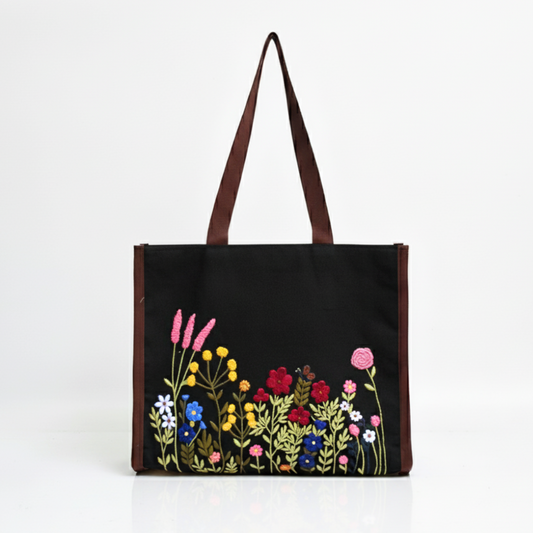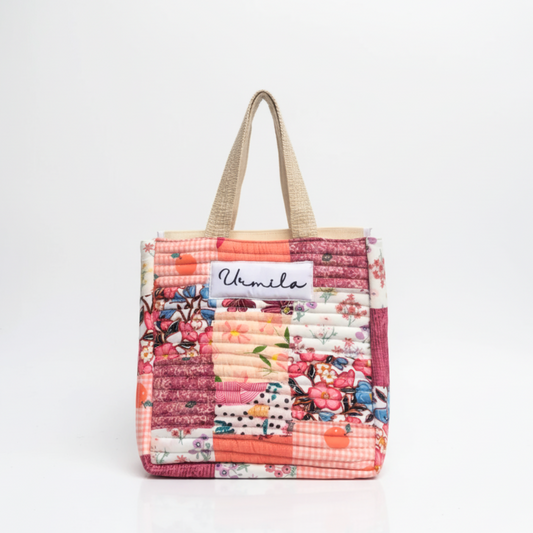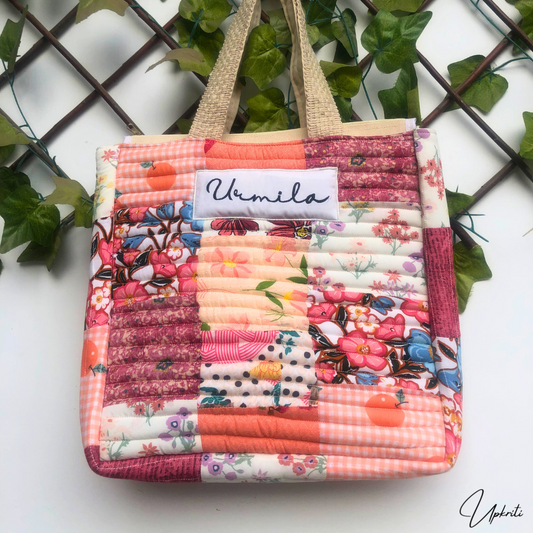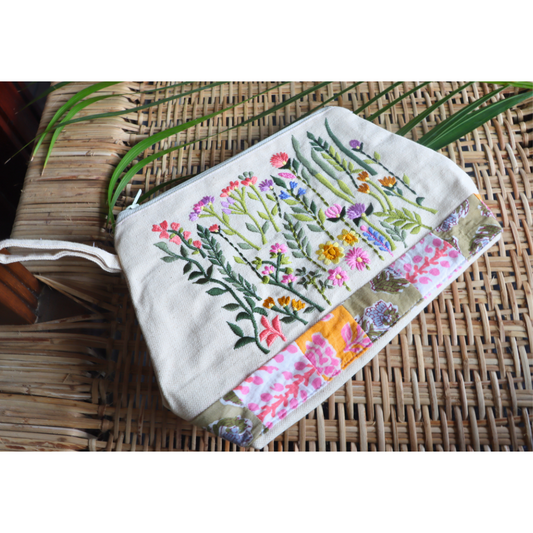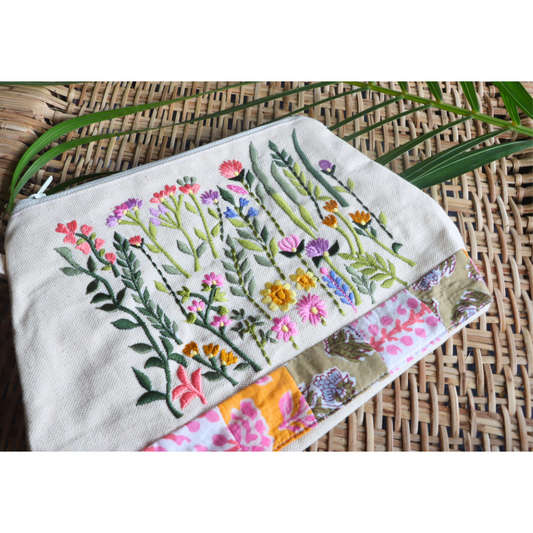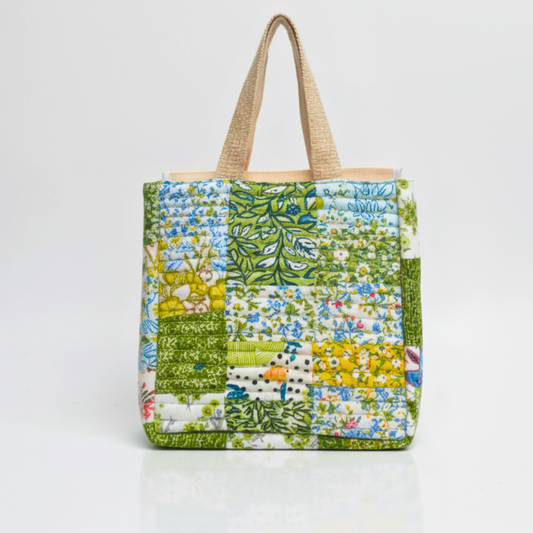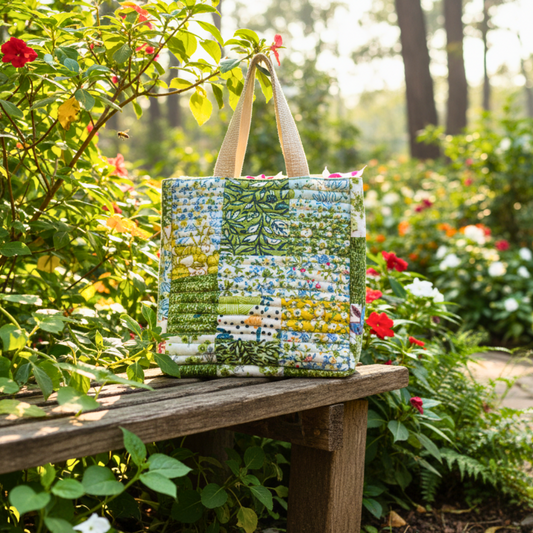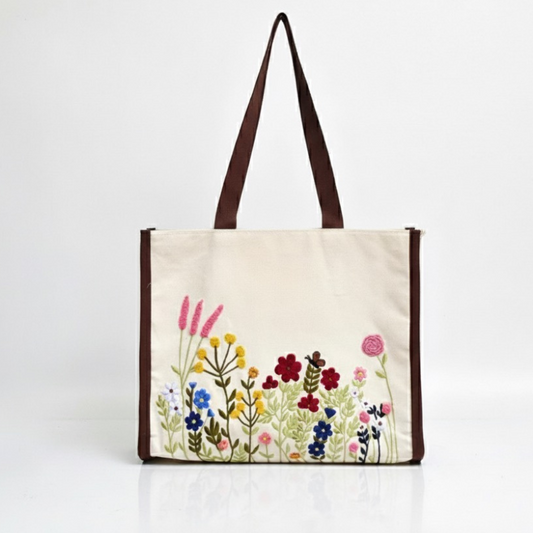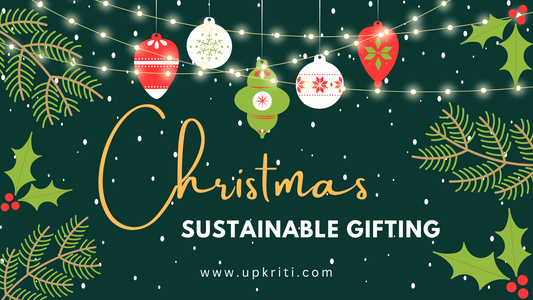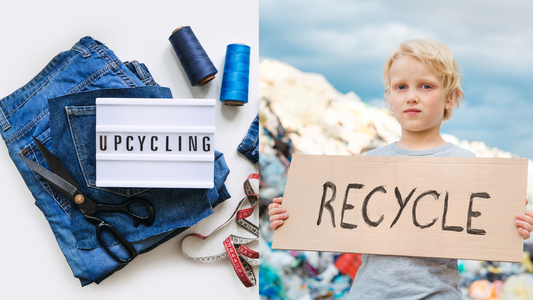
What is sustainable fashion, and why it is important?
There is so much misunderstanding about what sustainable fashion is that having a comprehensive guide on the subject is critical. It's no secret that the fashion industry is destroying the environment, with its carbon footprint accounting for more than 10% of global greenhouse gas emissions. A shift is required, from raising awareness about sustainable fashion practises to taking an active role in effecting change.
Fortunately, positive changes are occurring in the fashion landscape: more ethical brands, customers demanding sustainable clothing brands, and even an ethical clothing search engine. Glorious accomplishments, as changes do not come easily, especially in the fashion industry. Any deviation from the industry's economic projections is rejected or, at best, delayed. Sustainable fashion is an umbrella term for products, processes, activities, and actors (policymakers, brands, and consumers) working toward a carbon-neutral fashion industry based on equality, social justice, animal welfare, and ecological integrity.
What Is the Importance of Sustainable Fashion?
One of the most frequently asked questions is whether the world requires sustainable fashion. Without a doubt, it does, and here are the top three reasons why:
- Every second, one garbage truck of textile waste is disposed of in a landfill or burned. This massive amount of waste is generated by fast fashion companies, which launch weekly fashion trends and fill them with low-quality, low-cost products. Sustainable brands, on the other hand, focus on high-quality clothing made from long-lasting materials. Furthermore, sustainable fashion brands almost never follow fast fashion trends.
- Poor working conditions for garment workers enable the production of low-cost fast fashion garments. The majority of the fast fashion brands make their garments in some developing countries where workers are paid much less than their living wage. Poor safety and health standards, long working hours, and constant production pressure all contribute to an environment of worker exploitation.
Fast fashion companies have also been accused of using child labour on a regular basis. Sustainable clothing brands, on the other hand, prioritise fair wages and safe working conditions for all employees.
- Fast fashion has a significant carbon footprint due to the creation of materials, manufacturing, transportation, and even textile waste decomposing in landfills. Most fast fashion clothing, for example, is made from petroleum-based materials. Sustainable fashion, on the other hand, makes use of biodegradable materials derived from natural or recycled sources. Grown with little to no chemical treatment, less energy, less water, and no pesticides or fertilisers.

Our primary role in sustainable fashion is to be aware of the environmental impact of our fashion consumption. Repairing, remaking, upcycling, and reusing your clothing and accessories will extend their life. Buy from sustainable clothing companies that value biodiversity, the ecosystem, and the planet's natural resources. Carbon-free and renewable energy sources such as wind, solar, and ocean are used at every stage of the manufacturing and recycling processes.


